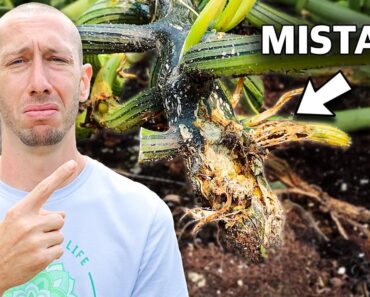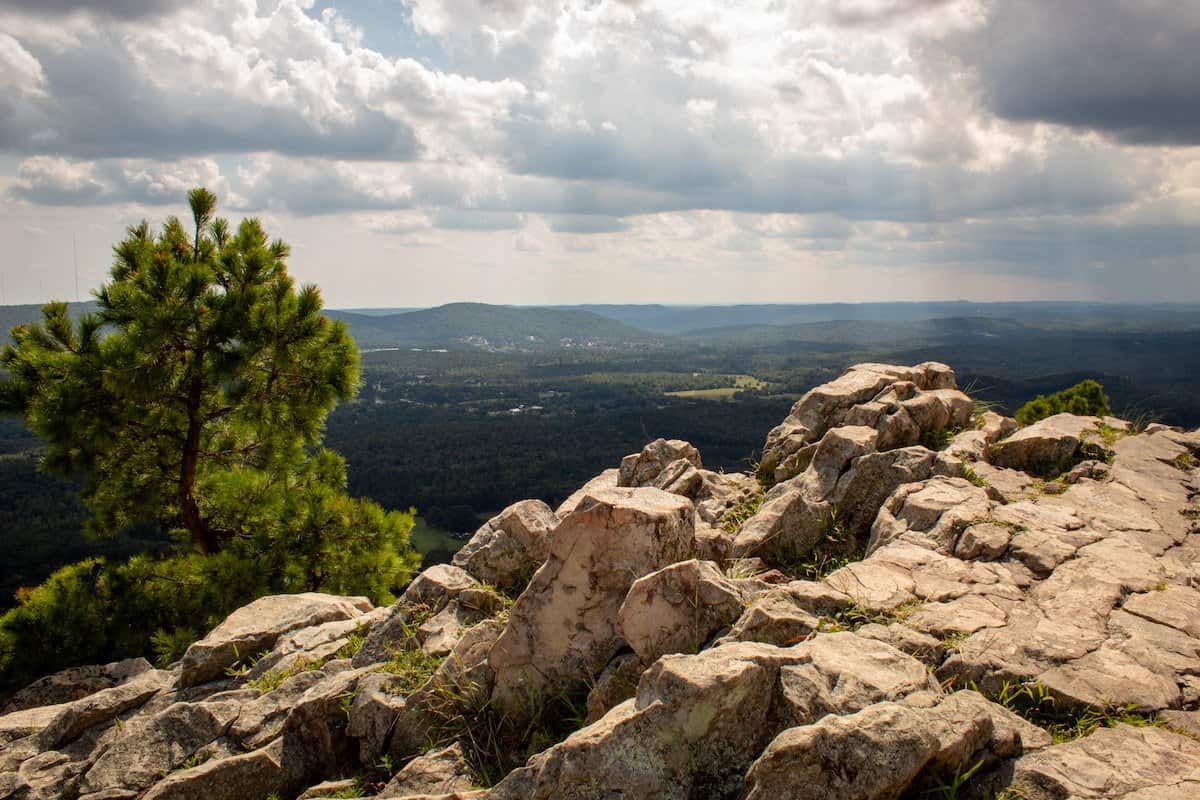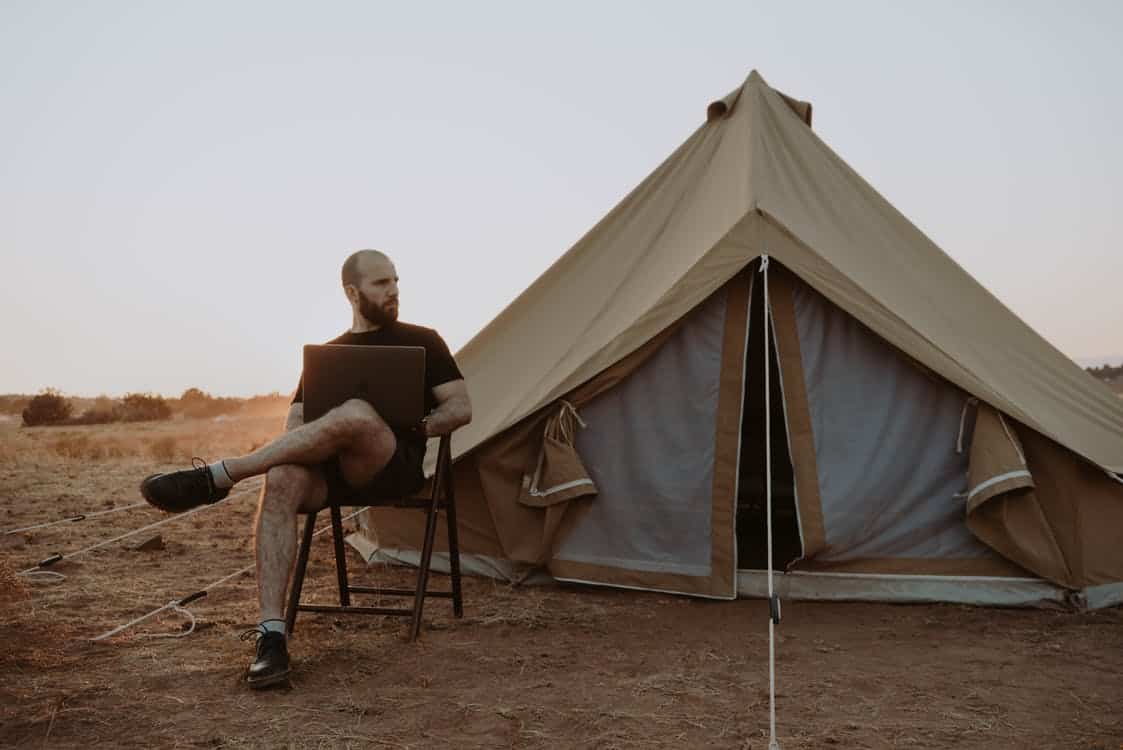Although plenty of people enjoy modern living in our digital world, there is an abundance of individuals who love the idea of living entirely off the grid. But, living off the grid isn’t always possible or practical, and many laws will dictate whether or not it’s a viable option. So, is living off-grid legal in Arizona?
Living off-grid in Arizona is legal, and there are no laws against the act of homesteading. However, there are laws concerning the property and building codes, the activities that homesteaders partake in, and rules regarding the use of resources in the area.
While living off-grid is legal in Arizona, the specifics surrounding this lifestyle are shrouded by many laws concerning property, means of living, and resource usage. Living off-grid in Arizona is undoubtedly gratifying but is coupled with an array of challenges and considerations. Join us as we discuss living off-grid in Arizona and what fundamental aspects to consider before establishing yourself as a happy homesteader.
Is Living Off-Grid in Arizona Legal?
Yes, living off the grid is legal in Arizona, but it is not a free-for-all. Homesteaders still need to allocate means of living and methods of accessing water and energy, and those who wish to live off-grid in Arizona will need to comply with various rules, regulations, and conditions.
Who Can Live Off The Grid in Arizona?
Any person wishing to live off the grid in Arizona must be at least 18 years of age. Whether single or married, persons living off the grid are legally allowed to own residence or property.
Property Laws
The Arizona Homestead Law permits the exemption from attachment, execution, and forced sale in some cases, provided that the property equity does not exceed $150,000 concerning the owner’s interest – not the property value. Persons may own more than one property, but only one of these properties will receive homestead asset protection, the choice of which should be communicated by the owner.
Contrary to popular belief, no law allows free property in Arizona, thus living off the grid will require individuals to purchase the property. Properties that are appropriate for homestead asset protection must be occupied by the owner. This includes condominiums, mobile homes, buildings, land, and structures.
Prohibited Activities
Although the act of living off the grid in Arizona is permitted, homesteaders are not allowed to engage in certain activities in some regions, such as raising livestock. Depending on the area, there will be various zoning laws, ordinances, local building codes, and much more. Anyone hoping to homestead in Arizona will need to gather detailed insight into these particulars to evade legal prosecution.
Related: Is It Legal To Live Off Grid In Utah?
Water Supply
House Bills 2363 and 2830 support the collection and harvesting of rainwater. Collecting rainwater is incredibly popular for homesteaders in Arizona. Some persons use deepwater wells, and groundwater depths can range between 100ft – 1000ft or more, according to USGS aggregated well data. But, deepwater wells do require varying costs, depending on factors that differ between properties.
Energy Supply
Arizona has an abundance of solar energy potential, and most homesteaders opt to use solar energy for living. The use of wind for green energy is far less common, but some users can still benefit from wind-generated power in some Arizona regions.
What Can Persons Living Off-Grid be Legally Liable for?
Although living off the grid is seen as a self-sufficient and respectable way of life by many individuals, whether young or old, most government ordinances beg to differ. Depending on the region, there may be individual penalties that may not concern the act of homesteading itself but may concern homesteaders’ activities, the overall lifestyle, and the environment.
- Child Endangerment and Animal Cruelty
- Legally unsafe residences, resulting in the property being condemned
- The presence of untreated waste on the property can result in fines
- Various fines concerning Building and Zoning regulations
- Building without a permit
- Operating a business without a license
- Illegal disposal of harmful constituents
- Homeland Security Threats, mainly if fertilizer and organic matter is used
- The FDA may attempt to seize excess seed, identifying homesteaders as operating farmers liable for commercial farming property regulations imposed by the FDA.
Individuals will need to research laws and policies concerning these threats of violation to avoid fines and hostility. If you hope to live off-grid in Arizona, make sure you know the law and keep any paperwork handy in preparation for such cases.
Related: States With Laws (and What They Are) About Living Off The Grid
How to Start Living Off-Grid in Arizona
The most important aspect of living off the grid will undoubtedly be the knowledge of laws, policies, and regulations in the region. The rules extend over and above the act of homesteading itself, and individuals will have to assess the fiscal, legal, and feasible practicality of living off the grid. In addition to the aforementioned regulations and possibilities concerning water, energy, and activity, persons should consider the following:
Food and Agriculture
Depending on the region, various foods and self-sufficient agriculture can be grown by individuals. This can be used for income or living, but the specific rules surrounding resources will vary in different regions. Some zones dictate that the water and energy supply in the area cannot be used for agricultural purposes.
Land and Property Choice
Unlike buying property in cities and urban areas, choosing land for off-grid living will concern the health of the land itself, not necessarily its size and grandeur. The ground should be fertile coupled with an optimum condition and suitable surroundings, leaving the potential for agriculture and living means. Local building and zoning codes will need to be considered for those hoping to build a residence on the property.
Form of Income or Business Practices
Individuals will also need to consider how they will be making ends meet while living off the grid. Most persons living off the grid are self-sufficient, but many work from their homes or run self-sustaining businesses. Persons should consider taxes, business licenses, permits, and other regulations that concern their intended activity.
While living off the grid is undoubtedly alluring and can offer a refreshing take on life overall, most governing bodies make it somewhat challenging for individuals to adopt such a self-sufficient lifestyle. Still, it is possible with an extensive and thorough research process and meticulous planning ahead of time. If homesteading seems like the way to go, always make sure you know the law and know your rights before going forward.






